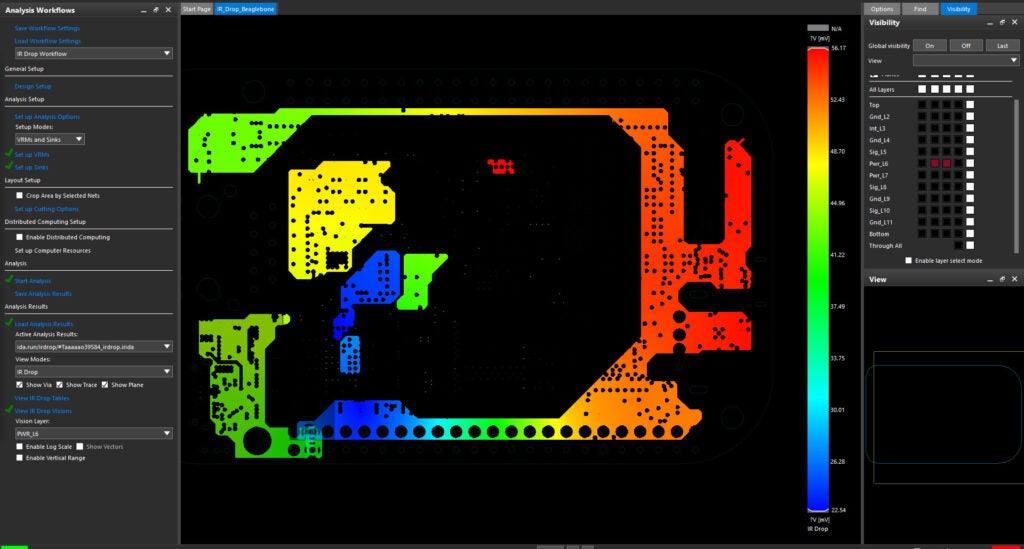
Whether you’re a recent grad or just a newbie in the field, establishing ways to ensure your career is on the right path is essential. It’s not always as simple as doing your job well—how you approach your new position can be instrumental in your success or failure. While hard work is a key element to success, starting your career on the right path involves a little research and some focused effort on your part.
Recently, we had the pleasure to speak with Ash Norton, Founder of Ash Norton Engineering Leadership, about what new engineers can do improve their engineering impact and ensure a successful career. Ash’s leadership guidance has been featured in several renowned publications such as Inc., Fast Company, and Diversity/Careers Magazine and she was the winner of the 2015 Next Generation Leader Award for Science/Technology/Manufacturing. With her help, we have come up with five tips to help you start your career off on the right foot.
1. Get a Mentor
We know what you’re thinking: can mentoring really make a big difference in my career? The short answer is, yes. Mentoring is important not only because of the knowledge and skills mentors can help you develop, but also from the support and professional socialization you receive.
According to Ash, mentors can be found right within your company, “Hopefully [new EEs] have an opportunity within their role to observe other people who have more experience than them … you want to pick out someone you want to aspire to be like and then build a relationship with them. Once you build a little bit of a relationship, I would just ask.”
Once someone agrees to be your mentor, be sure to set up regular meetings. During these meetings, your mentor should discuss your goals, provide feedback, and measure your progress. Be sure to address specific struggles, for example: “I’m having a really difficult time meeting my boss’s expectations. What can I do or what have you been able to do that has been successful in the past?” This allows you the opportunity receive real life, practical applications for the lessons you are learning.
2. Identify Your Strengths
We don’t mean your engineering skills. “Strengths are something very different,” Ash explains. We all have individual strengths and motivators outside of our engineering prowess and it is important for engineers, especially new ones, to identify them. To help you do so, Ash recommends the book Strength Finder by Tom Rath. “This book helps engineers make the distinction between their innate strengths and their engineering skills.” By identifying your unique strengths, it will provide you with insight on how to work on both your personal and professional growth with ideas that will cater to your strengths.
3. Plan Your Development
The old saying “If you fail to plan, you plan to fail” is applicable here. Sure, you might have a great boss who is willing to help provide you with what you need to become successful, however that is not always the case. Therefore, it is imperative to set goals for yourself and plan out how you are going to achieve them.
4. Don’t Just Take the First Job Opportunity that Comes Your Way
As tempting as it may be, don’t just take the first job you’re offered. According to Ash, there are a few questions you should ask yourself before accepting a job offer:
- Is it a good fit/does it feel right? Do you get along with the people who are conducting the interview; with your future boss?
- Is there a path for growth and development?
If you can answer yes to those questions, you are going to place yourself on the right career path. “If it’s got those two things and you are going to continue to be challenged—both technically and with your leadership development in those roles … you are going to be set up for success.”
5. You Don’t Know Everything
How you approach your new career is of upmost importance. If you understand you don’t quite know everything, but are fearless and ready to learn, you will set yourself up for success. “The more you can show you are willing to learn, the more people are going to want to help you and be your mentor, “ Ash said. “The real-world experience other engineers and other people in the company who aren’t engineers bring to your relationship is invaluable.” Remember you are there to contribute, learn, and build relationships.
Sometimes engineering job success comes naturally, but most times it requires a great deal of effort. Following these tips should help you take control of your career and ensure you make the most of any job you decide to pursue. If you would like more information on Ash Norton Engineering Leadership, you can visit her website and be sure to lookout for upcoming webinars she will be hosting in the near future.











